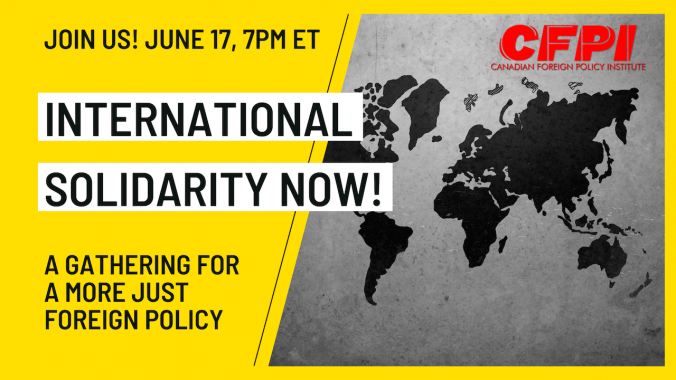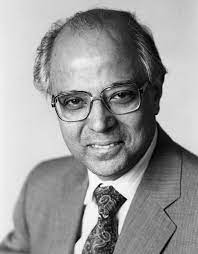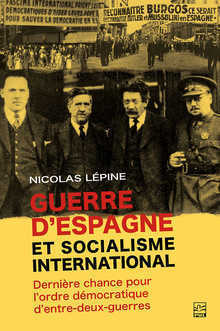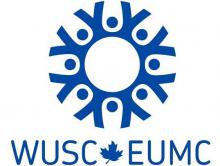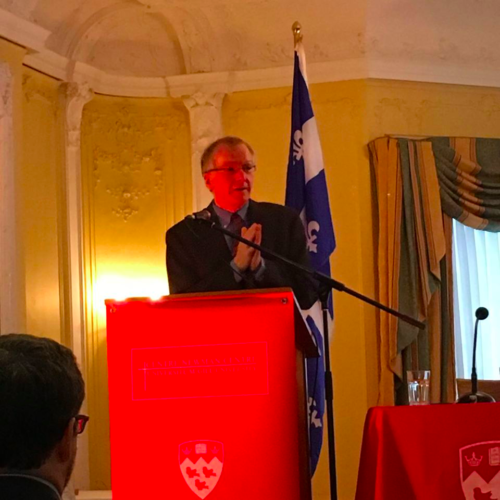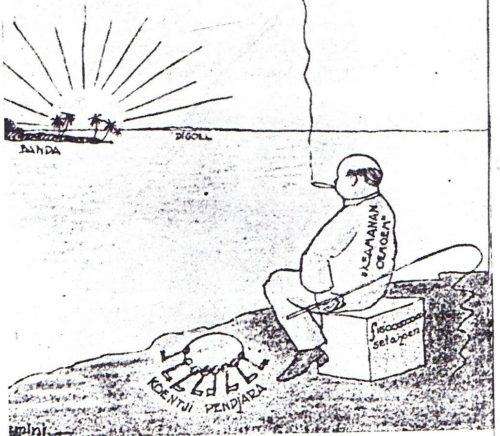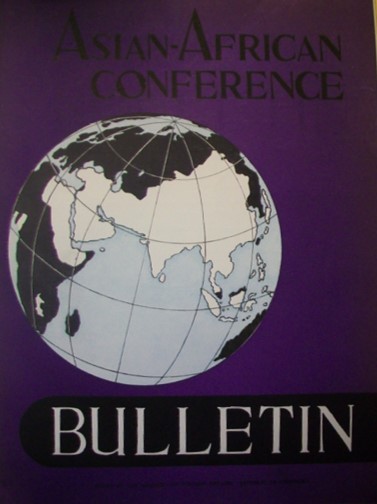Interrogating Power Structures in Aid and Multilateral Institutions
Thursday, 8 July 2021
12.00-17.30 (Irish Time)
Online, via Zoom
What does it mean to embody a lived approach to global solidarity and equal partnership in humanitarian action and advocacy? This workshop, organised by Dóchas and the School of History & Philosophy at NUI Galway, brings together leading voices from the worlds of professional humanitarianism, diplomacy, activism and academia in conversation on three key areas: human rights, multilateralism and the climate crisis. The workshop is funded by the Irish Research Council (New Foundations grant).
Confirmed speakers include:
- Hugo Slim (University of Oxford)
- Sonja Hyland (Political Director, Department of Foreign Affairs and Trade)
- Bulelani Mfaco (MASI – Movement of Asylum Seekers in Ireland)
- Tara Rao (Our Ground Works)
- Nishanie Jayamaha (Programme Co-ordinator, Climate and Environment Change and Civil Society Space, International Council of Voluntary Agencies)
- Su-Ming Khoo (NUI Galway)
- Christopher O’Connell (Dublin City University)
- Margot Tudor (University of Exeter)
Register here:
https://nuigalway-ie.zoom.us/meeting/register/tJUkceitpzsvHdFGTGeAUlcx77zUfVi4Iwmb
Further information:
Maria Cullen – School of History & Philosophy, NUI Galway – m.cullen10@nuigalway.ie Vikki Walshe – Project Manager, Dóchas – vikki@dochas.ie

